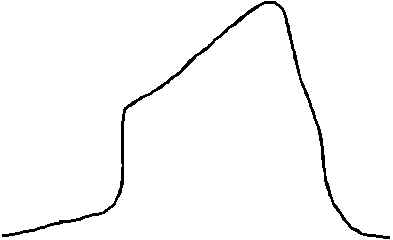
| The difference between scaling a high wall and climbing a long ramp is that, on the high wall, it is not possible tosee the top. If you have a guide who can help you to pass over the wall, you certainly will arrive at the ramp more rapidly. This is the objective of this book, because on the ramp, you see the path to the top by yourself. |  |

The Only Sacred Book |
- Why are we here, on this planet?
- In order to learn to deal with love and, as a consequence, to learn to enter in attunement with the universal love.
- How is this done?
- Through self-perfection, which is attained through observation.
- What does it mean "to observe"?
- Observing has a very broad meaning. It means to look, to hear, to feel and experience what is around you. It also means to feel everything that is occurring within yourself, on the physical plane as well as on the emotional plane (joys, passions, sadness, fears, doubts, angers and anxieties). After the observation comes the recording. With the passage of time, the conclusions arise.
- And why is there all of this work, if there is death at the end?
- It happens that all of the time that you are alive is a preparation for death. Death is the great test. If you remained "immobile" without developing or if you only developed a little, you will need to be born again to reinitiate the process of perfection - this is what is called reincarnation. Each time that you reincarnate, you do so in a more advanced stage than the previous incarnation, that is, if you spent your life interested in perfecting yourself. This cycle only completes itself when you reach the fullness of your consciousness - the illumination. It can be attained early, when you still have some time to live in this body, or this apex of consciousness can be attained in your final moment. Because of this, "death" is the most important moment of your life.
- And where can one start with this process of observation?
- With the body itself. With the observation of the physiology and of the emotions. This is very ample. For example, when one is going to eat, one should ask oneself three questions:
Through this practice you will begin to discover small things that, little by little, will grow in importance. This process has a beginning, but it has no end. Later, you will observe, in diverse situations, your walking, your posture, your emotions and, most importantly, the alternation of the rhythm of your respiration.
- And regarding behavior in groups?
- The rules for behavior in groups are very simple. It is sufficient that each person always:
| Volta ao início | Main Page |